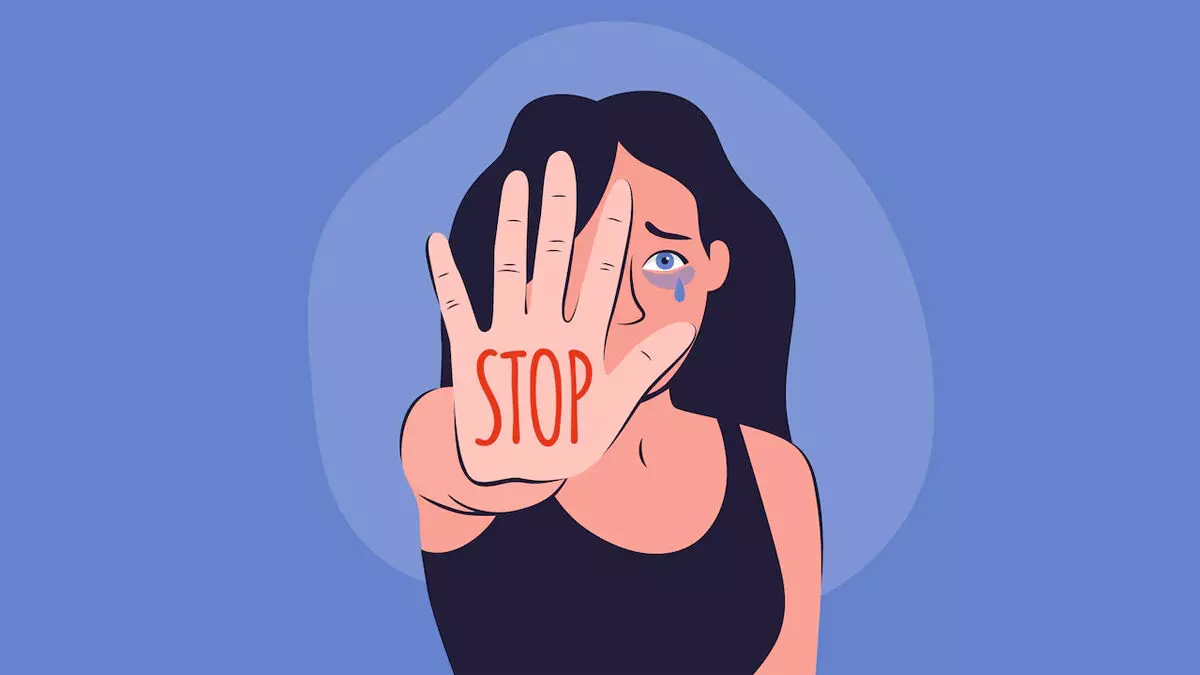Protect Your Rights: Understanding Domestic Violence Laws
image for illustrative purpose

Navigating the legal process related to domestic violence can be overwhelming and confusing. For those facing accusations or those protecting themselves from an abuser, understanding the laws can help secure safety and justice. This article aims to demystify domestic violence laws, offering valuable information on legal definitions, potential penalties, and steps for protection or defense.
Understanding Domestic Violence
Domestic violence is a pattern of abusive behavior in a relationship used by one partner to gain or maintain control over another intimate partner. It can be physical, emotional, economic, or psychological actions or threats of actions that influence another person. Recognizing the types of domestic violence is important for taking appropriate legal steps:
● Physical Abuse: Hitting, slapping, shoving, or other physical harm.
● Emotional Abuse: Undermining self-worth, belittling, or constant criticism.
● Economic Abuse: Controlling or withholding resources or financial access.
● Psychological Abuse: Intimidation, threats, or instilling fear.
Legal Definitions and Penalties
Domestic violence laws vary from state to state, but they generally involve the same core principles. Here's an overview of how these laws typically work:
1. Legal Definitions: Domestic violence laws define what constitutes abuse, who qualifies as a victim, and the types of relationships covered under the law, such as spouses, partners, or family members.
2. Penalty Structures: Penalties for domestic violence can be severe and may include:
○ Fines or restitution to the victim.
○ Mandatory counseling programs.
○ Restraining orders or protective orders.
○ Jail or prison time.
3. Defensive Claims: Individuals accused of domestic violence have the right to defend themselves in court. Common defenses include self-defense, lack of evidence, or false accusations.
Seeking Help and Legal Protection
If you are a domestic violence victim, several steps can be taken to seek protection. Here are actionable steps for securing legal protection:
● Obtain a Protective Order: This legal document can prohibit the abuser from contacting or coming near the victim.
● Document Evidence: Keep records of all abusive incidents, including photographs, messages, and medical records.
● Seek Support: Reach out to local domestic violence shelters and hotlines for support and resources.
● Legal Representation: Hiring a domestic violence lawyer Las Vegas can help victims or the accused comprehend legal proceedings and rights.
Navigating the Legal Process
Legal representation is vital for managing the complexities of domestic violence cases. A skilled attorney can provide guidance on what to expect and the best courses of action:
1. Initial Consultation: Discuss the specifics of your case with a lawyer to understand your rights and options.
2. Filing a Complaint: Your attorney can help file the necessary paperwork to initiate legal proceedings.
3. Court Proceedings: The legal process can involve hearings and trials where evidence is presented and witnesses may testify.
4. Resolution: After presenting the case, a judge or jury will determine the outcome, which could include penalties or protective measures.
Domestic Violence Prevention Tips
Preventing domestic violence is challenging but not impossible. Here are some expert tips to help you or someone you know stay safe:
● Recognize Early Warning Signs: Jealousy, possessiveness, or controlling behavior can be red flags.
● Establish Boundaries: Set clear personal boundaries and communicate them in relationships.
● Promote Healthy Communication: Encourage open and honest discussions to resolve conflicts.
● Educate and Spread Awareness: Promote an understanding of domestic violence in your community to help prevent it.
Real-World Example
A real-world case involves a couple where one partner consistently belittles and threatened the other, gradually escalating to physical abuse. The victim sought help by documenting incidents and contacting law enforcement, leading to a protective order and legal action against the abuser. This example highlights the importance of awareness and taking proactive steps in ensuring safety.
Legal Resources and Advice
If you're facing legal challenges related to domestic violence, consider seeking legal advice or representation. Expert assistance can provide the necessary legal guidance and protection. Seeking professional legal counsel ensures access to knowledgeable resources and expertise in navigating the legal terrain effectively for better outcomes.
Final Thoughts and Future Steps
Understanding domestic violence laws and taking appropriate actions can protect rights and ensure justice for victims and those accused. If you or someone you know is affected, seeking legal support is essential. By staying informed and proactive, individuals can effectively address and prevent domestic violence situations.

